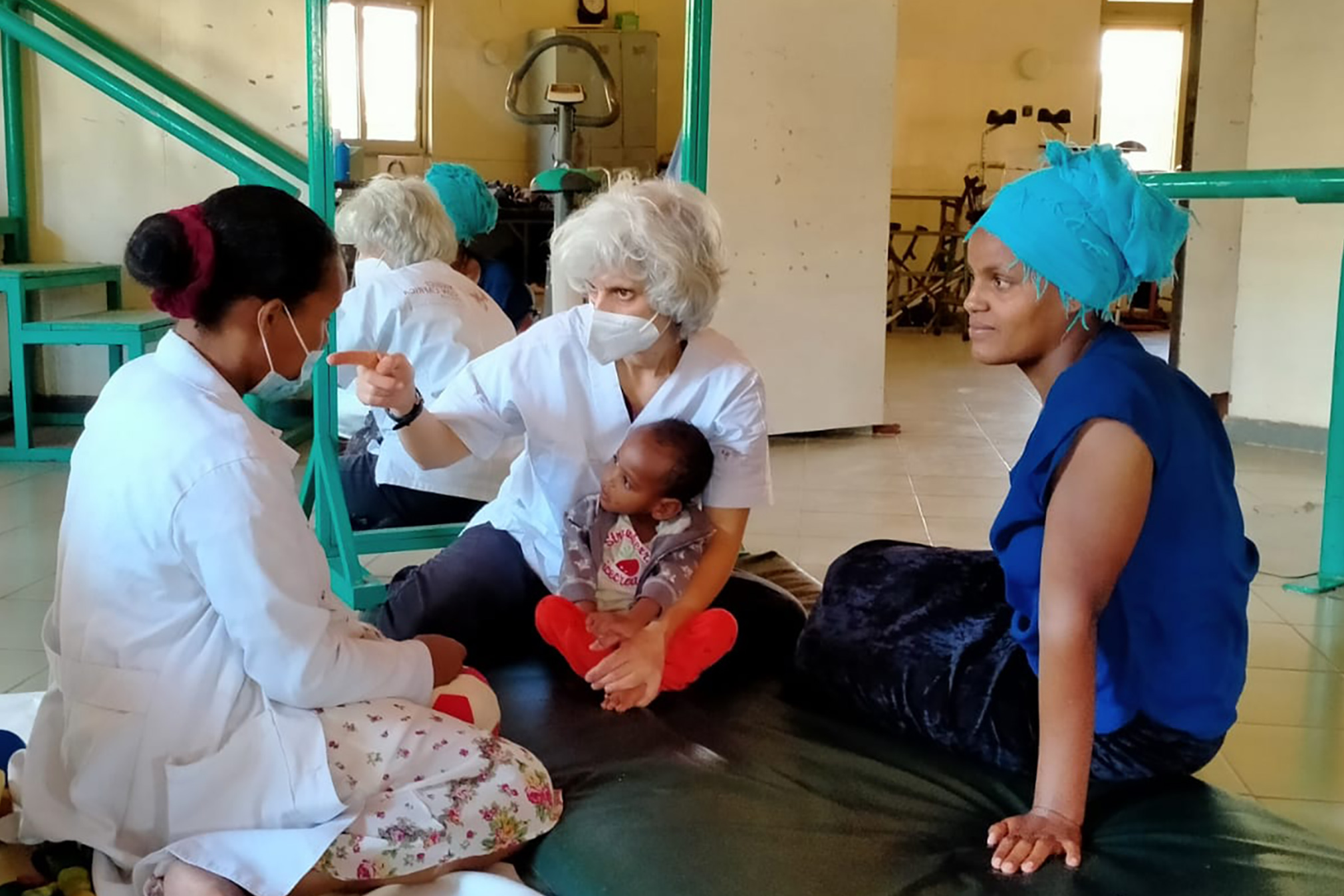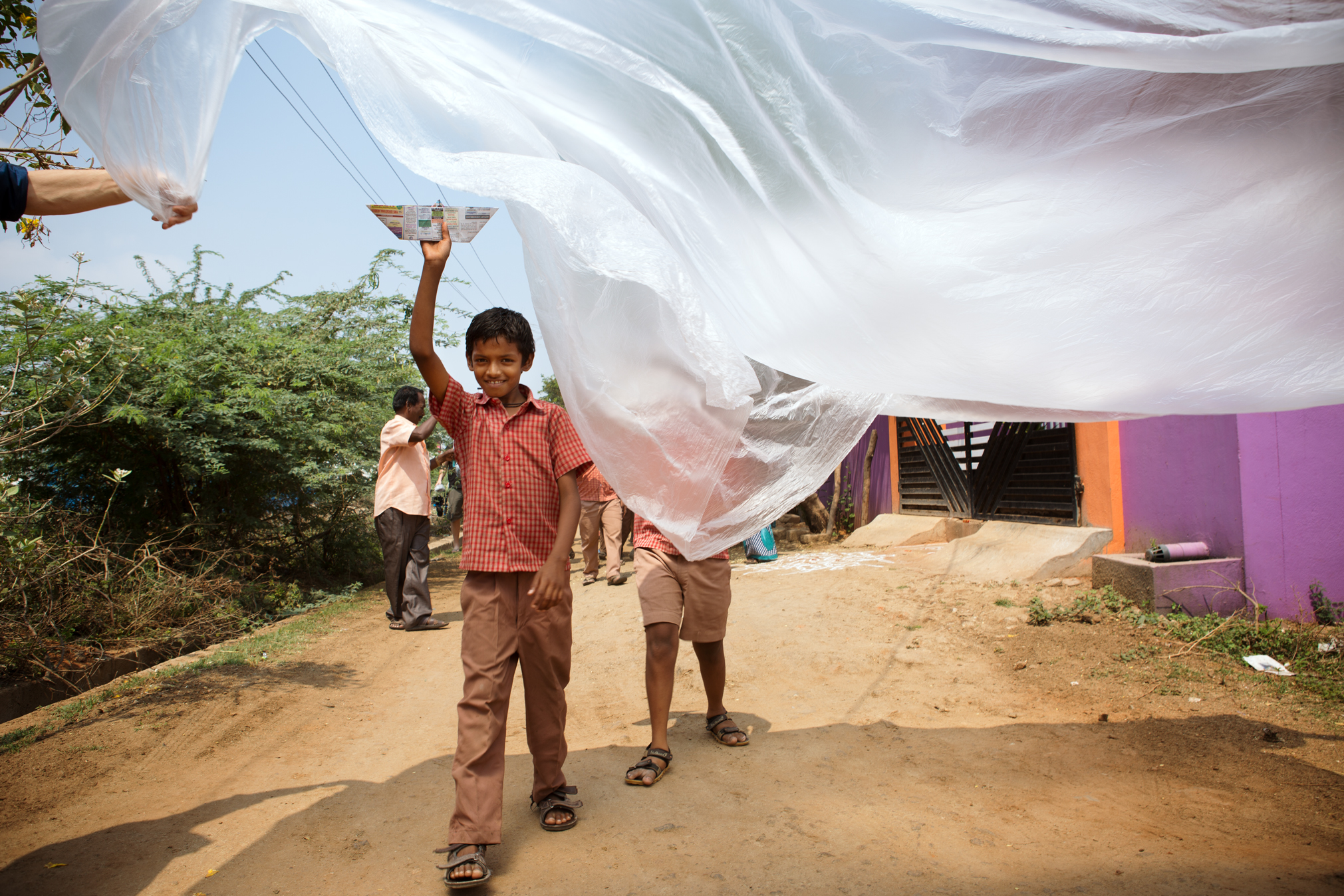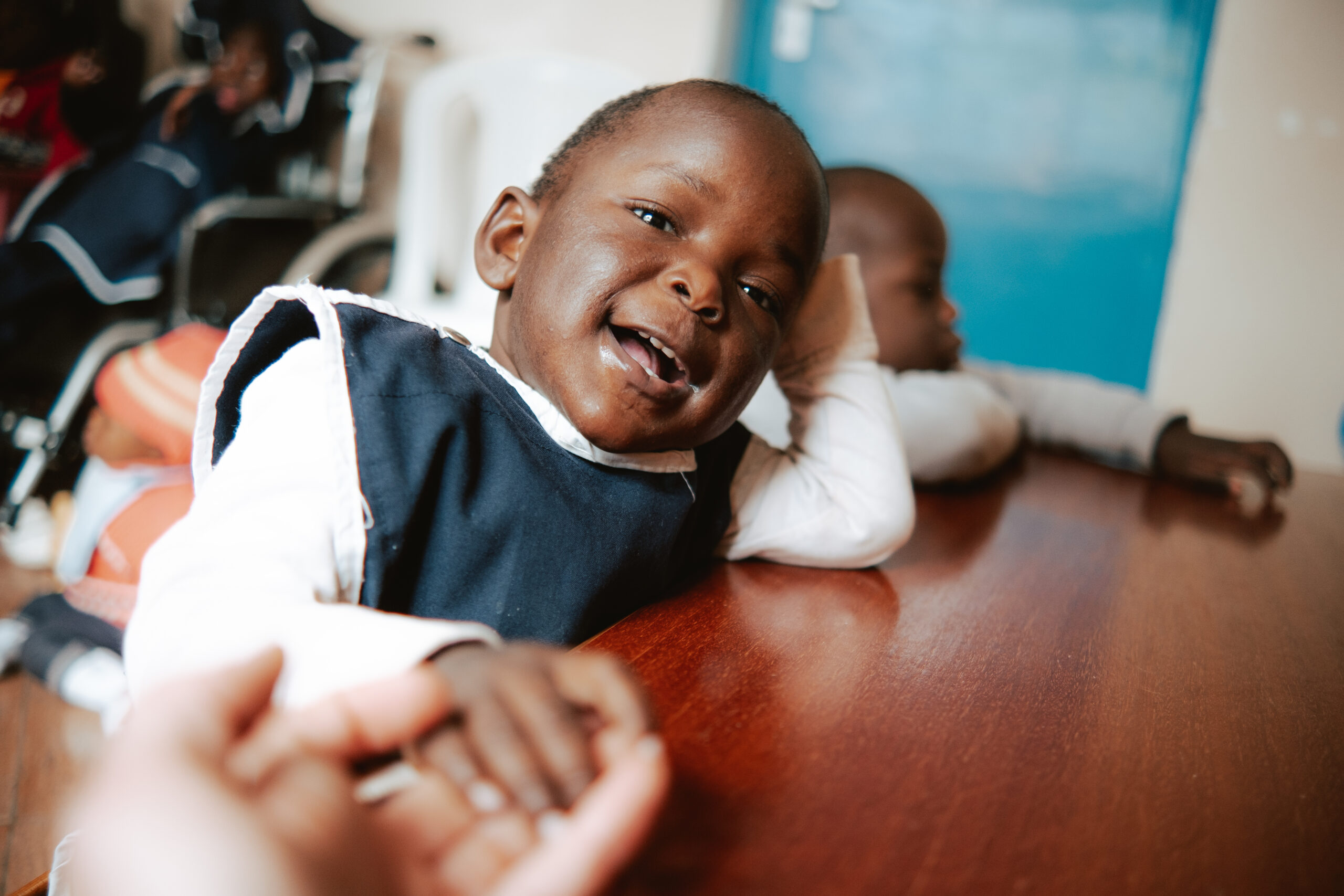The problem and the context
The United Nations Committee on the rights of the child, in its closing remarks regarding Ethiopia on the state of implementation of the Convention on the Rights of the Child, confirmed the problem of discrimination against children with disabilities, and the numerous obstacles that they have to face to access education and adequate social and healthcare services. For what concerns mental health, the few psychiatrists (less than 100) are concentrated in the capital. In rural areas there are very few clinics and patients undergo traditional practices as “holy waters”, springs of holy water to which healing properties are attributed.
The main problems identified concern the lack of specialised healthcare staff in the local health centres, the scarce awarenss of the community and of the services about the condition of people with psychic disability and suffering, the cost of transportation and medicines, other than the frequent availability problems of the latter, which expose chronic patient to risks of relapses and intensifications.
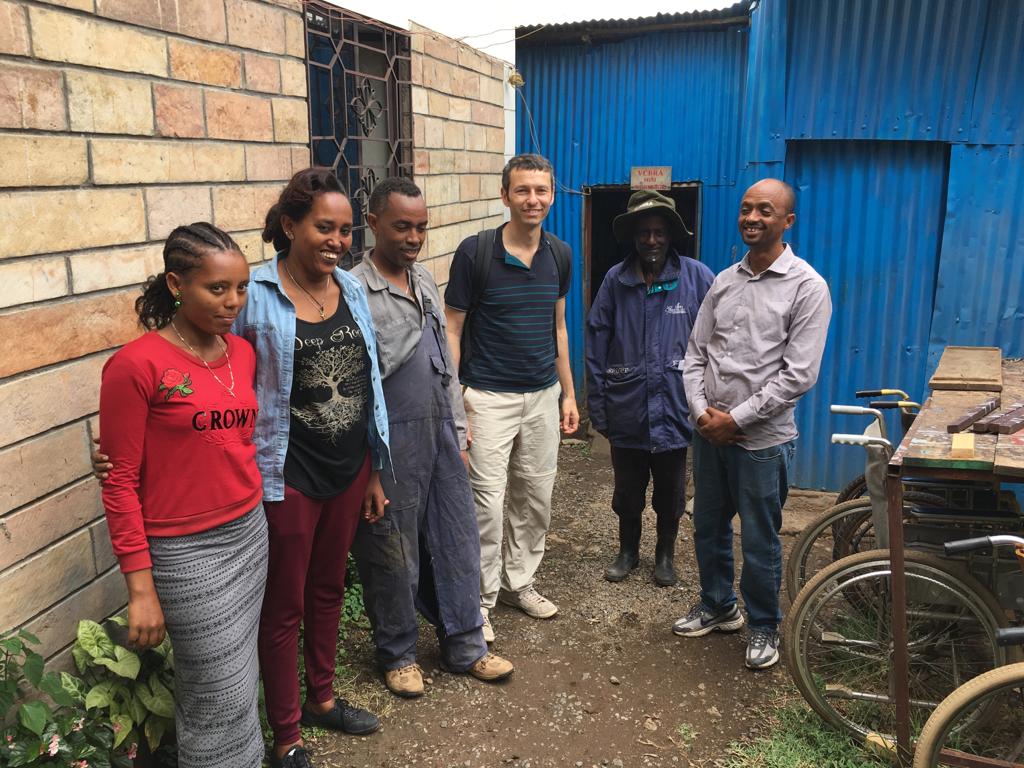
The response of Cittadinanza
The intervention strategy in this first phase (2018-2021) focused on the enhancement and development of the expertise of two key entities in Waliso.
The first is St. Luke’s Hospital in Waliso in the Oromia region, a 3-hour drive from the capital, which serves a target population of 1.2 million people. The collaboration with Cittadinanza involves the Psychiatry clinic, which carries out about 6000 visits per year with over 2000 patients and the Physiotherapy clinic.
The second is the Vision Community Based Rehabilitation Association (VCBRA), which is faithful to the principles of Community Based Rehabilitation and in line with the participatory approach of the UN Convention on the Rights of Persons with Disabilities. Over the years, VCBRA has developed a model of community intervention that integrates rehabilitation, social inclusion, psycho-social support, economic empowerment, and community involvement. Cittadinanza supports these two institutions, both from a technical and financial point of view, also increasing coordination between them.
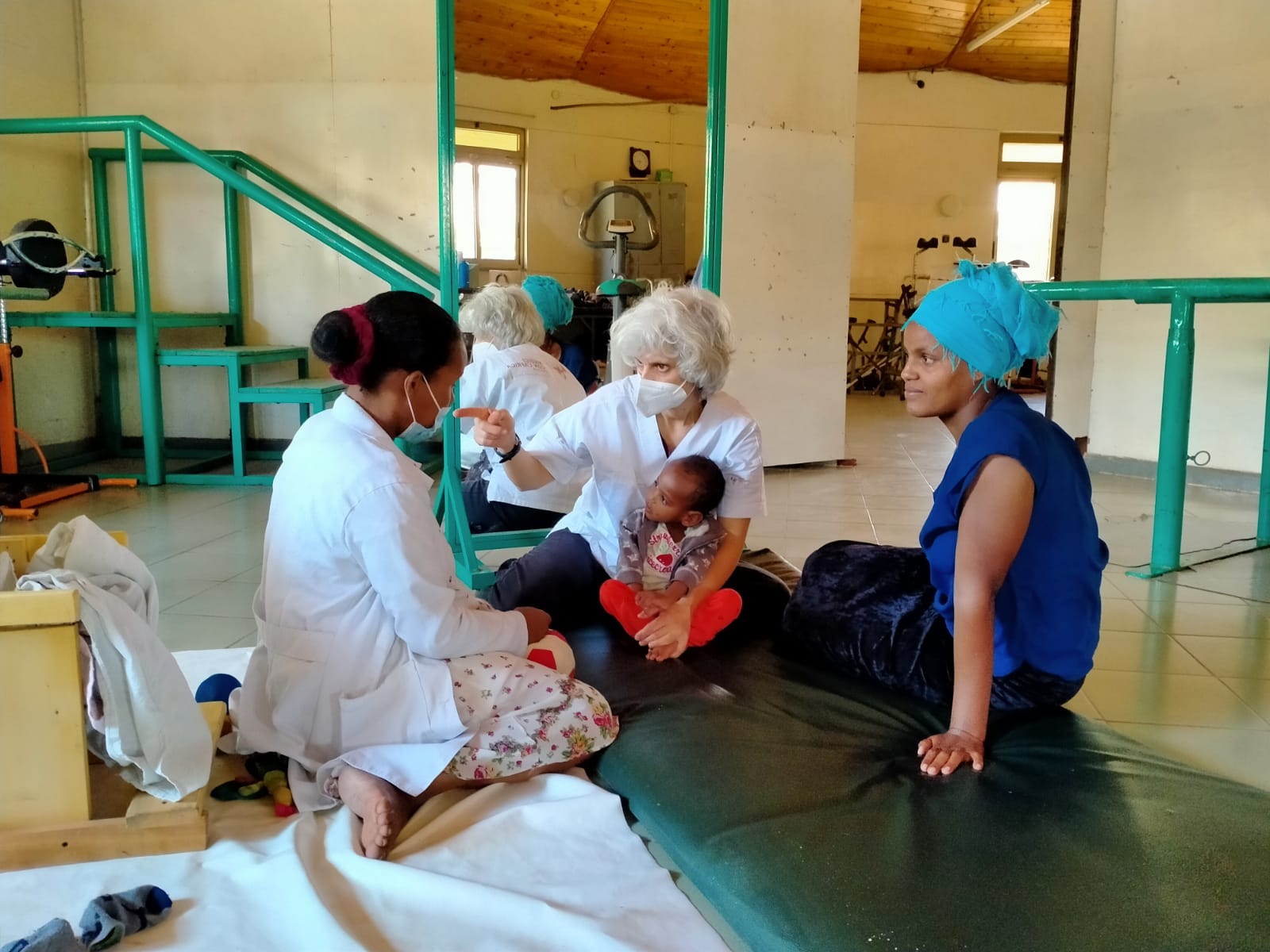
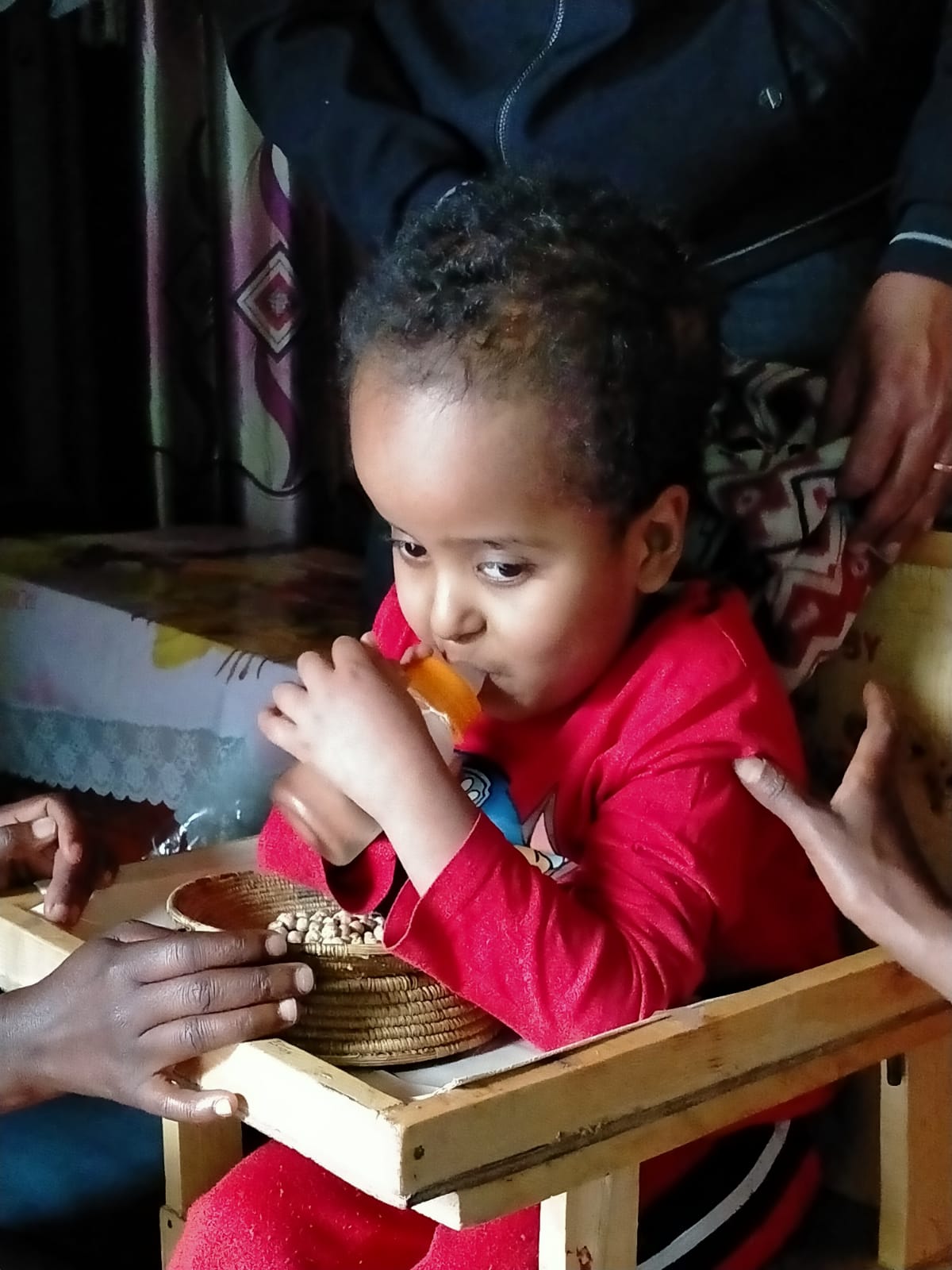
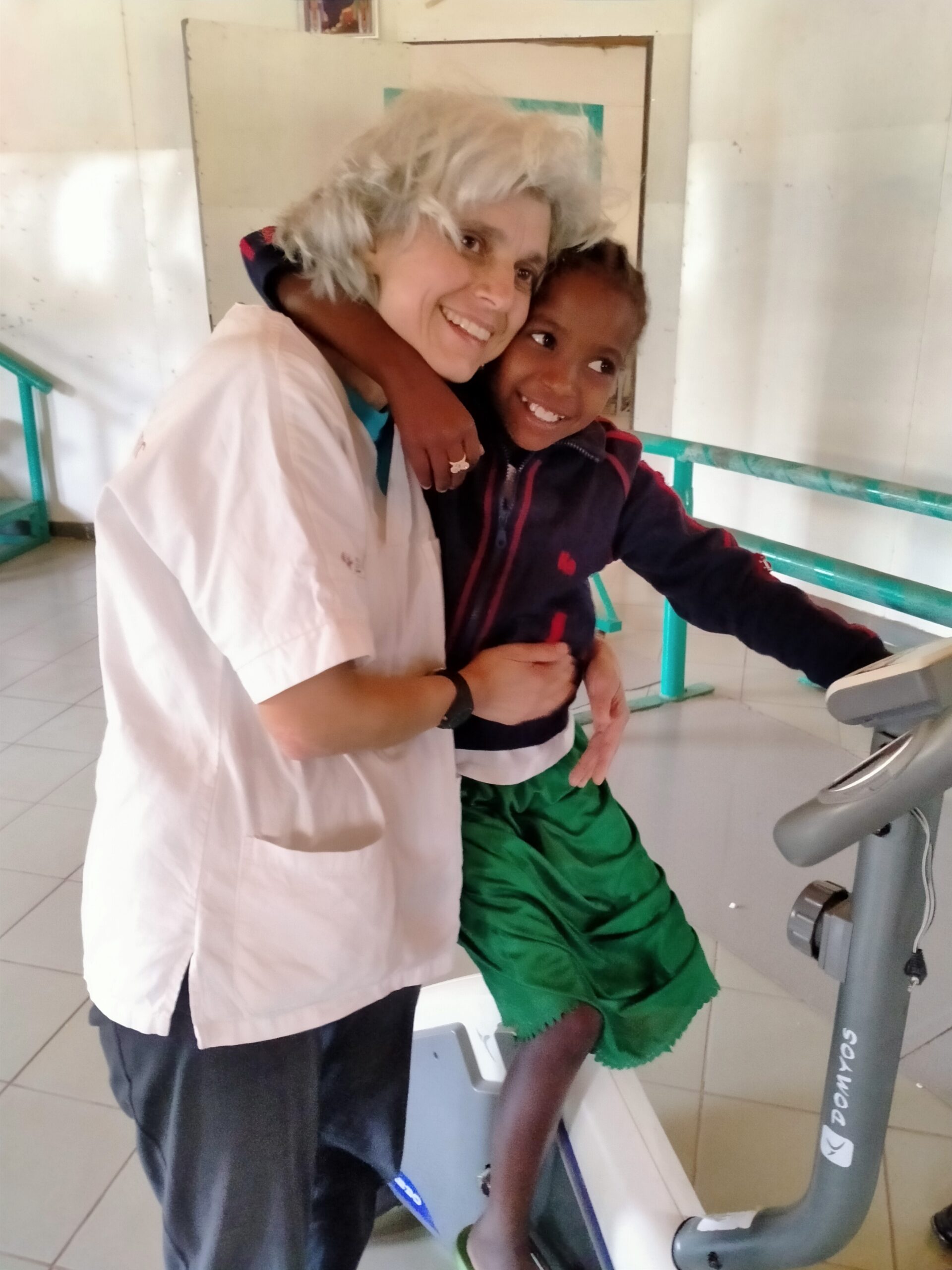
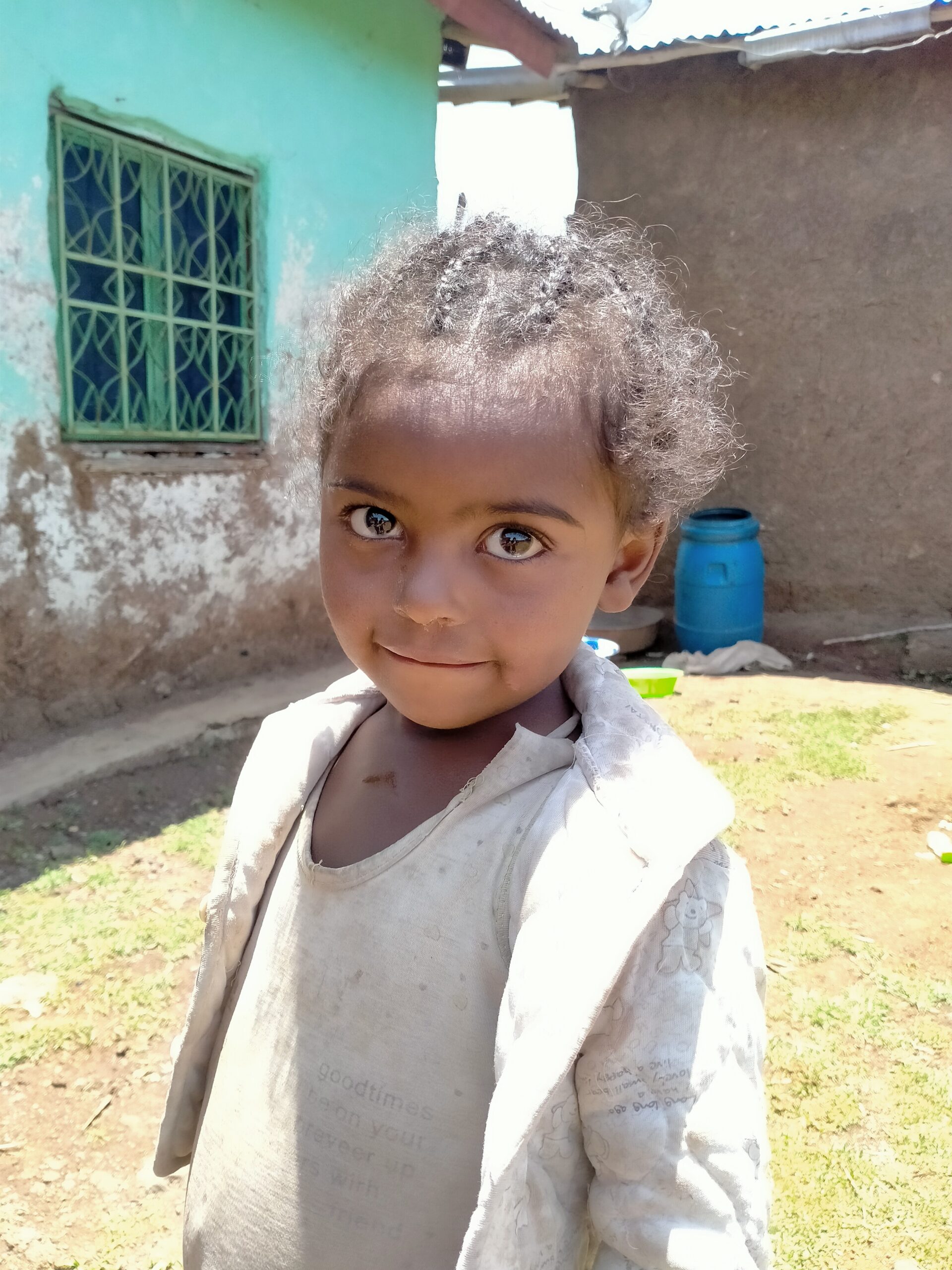
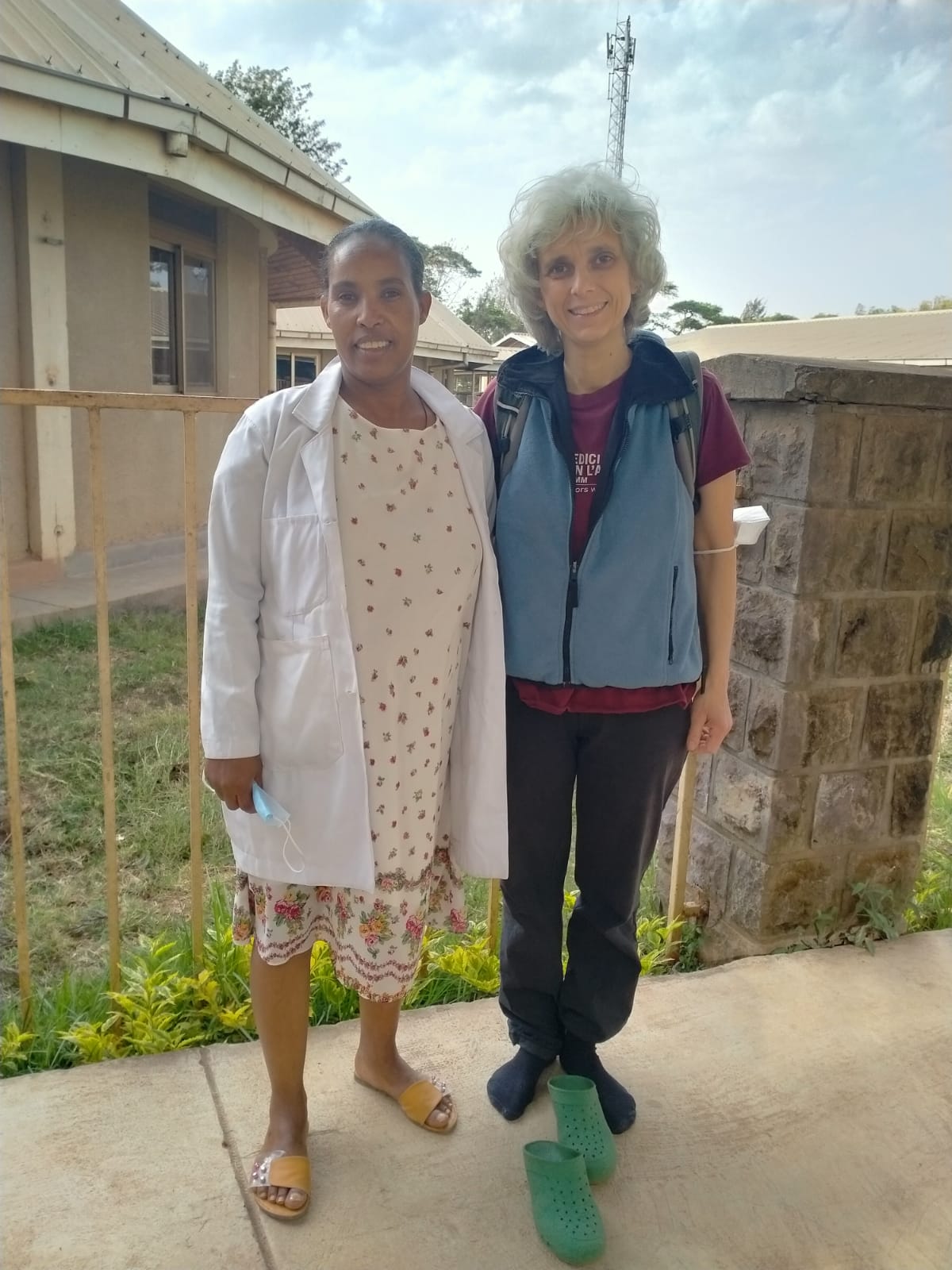
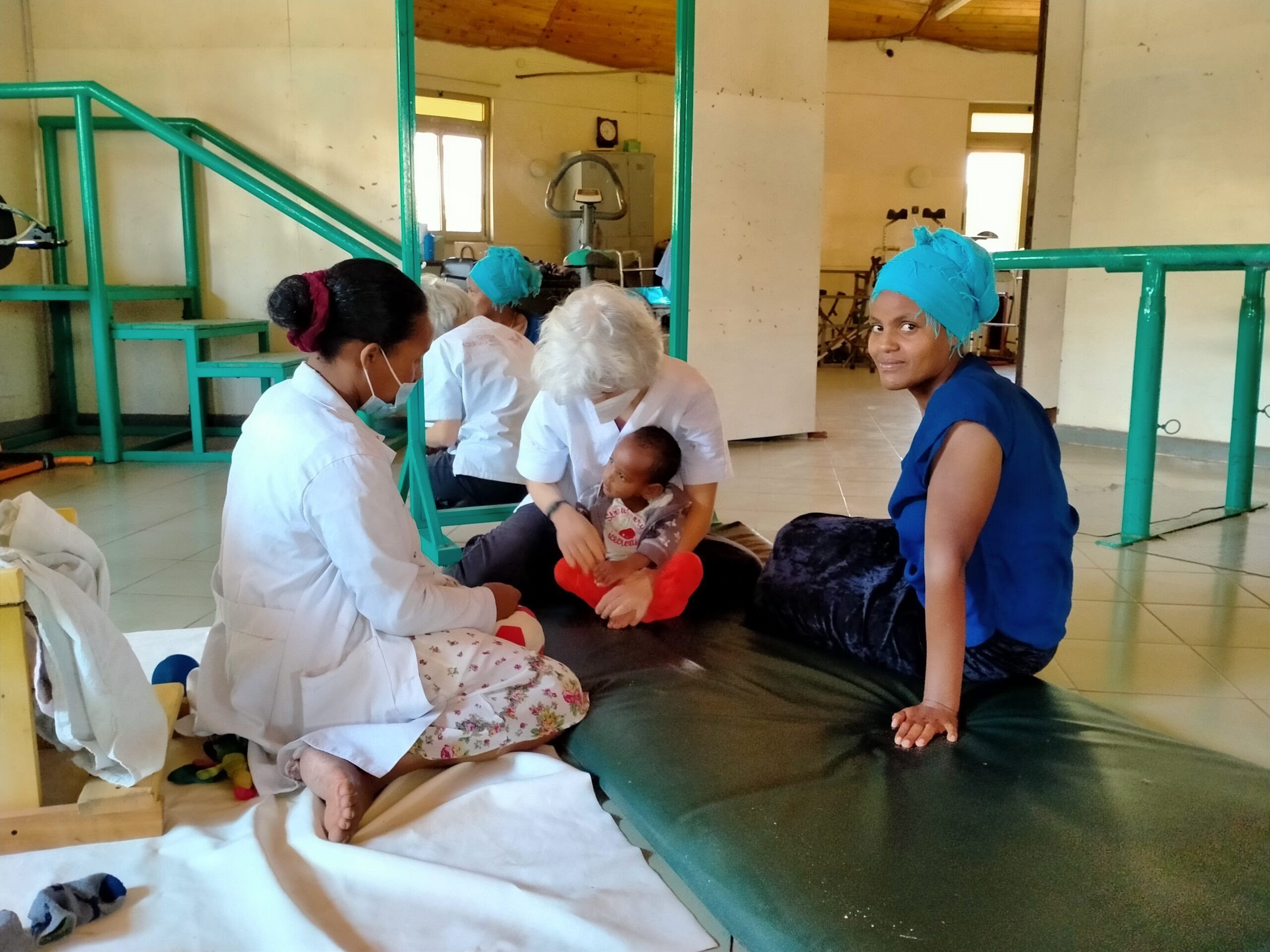
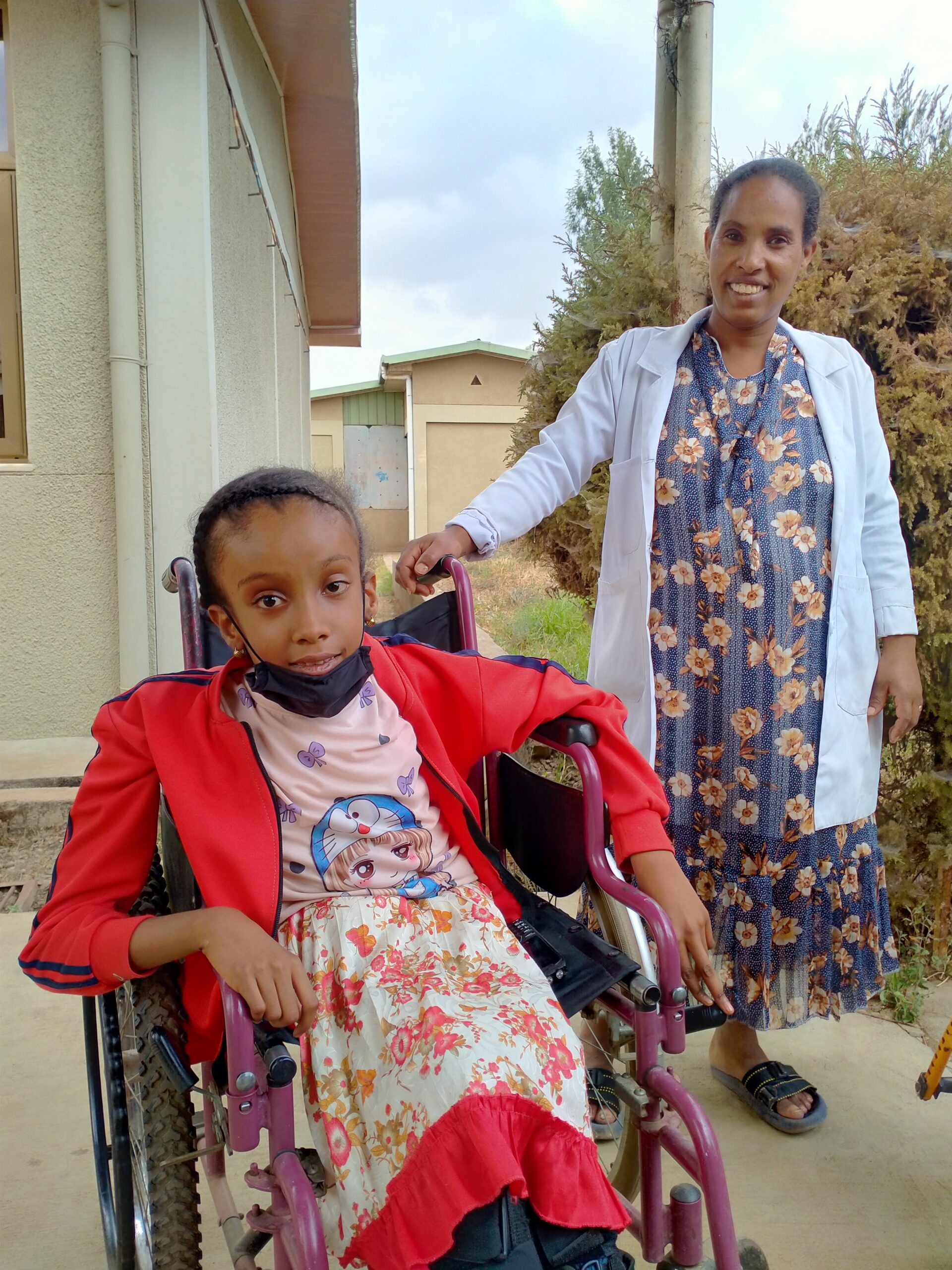
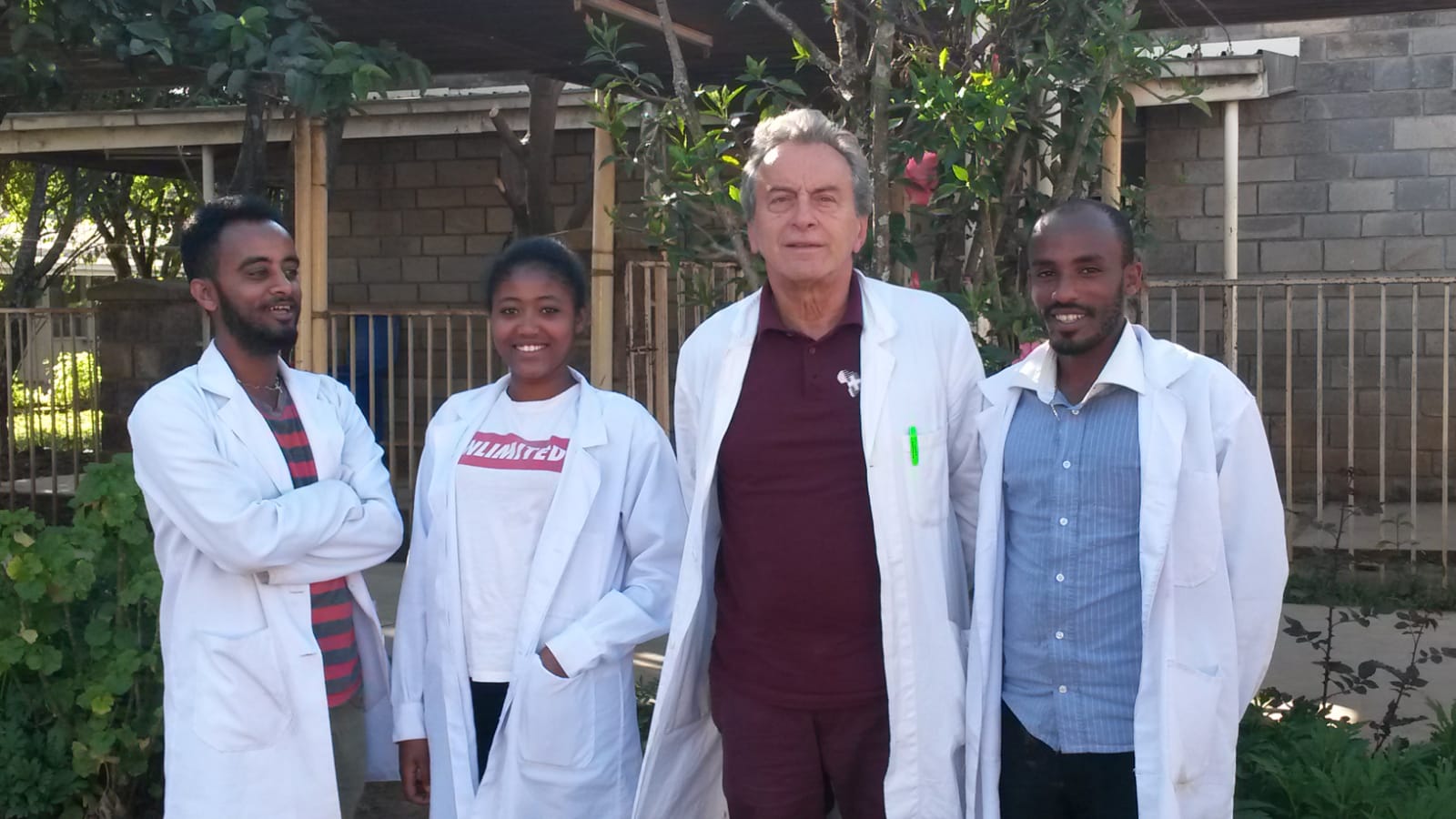
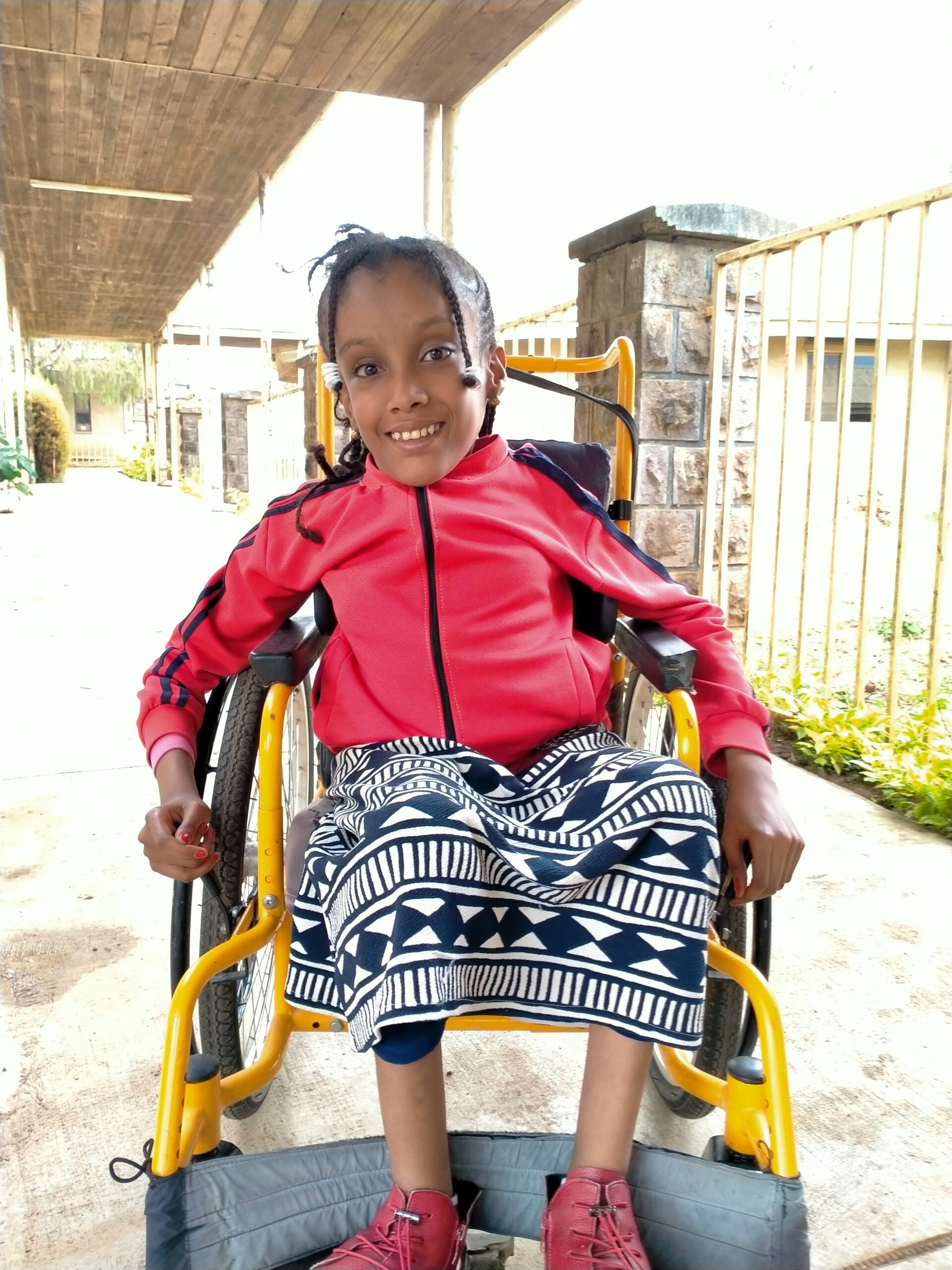
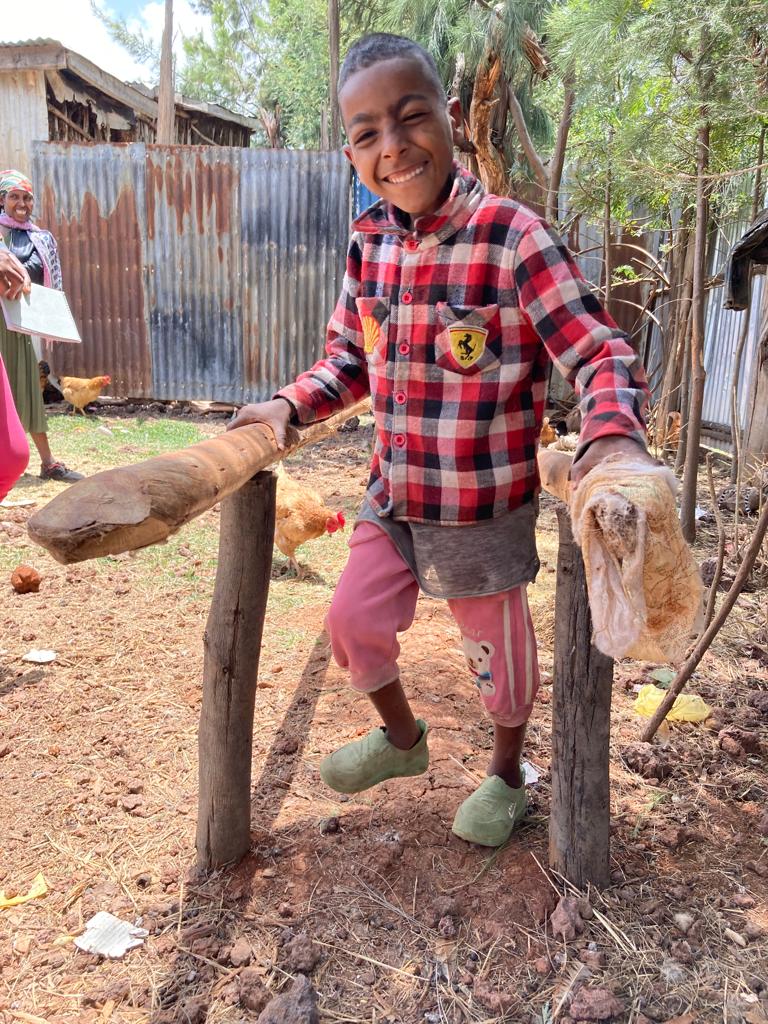
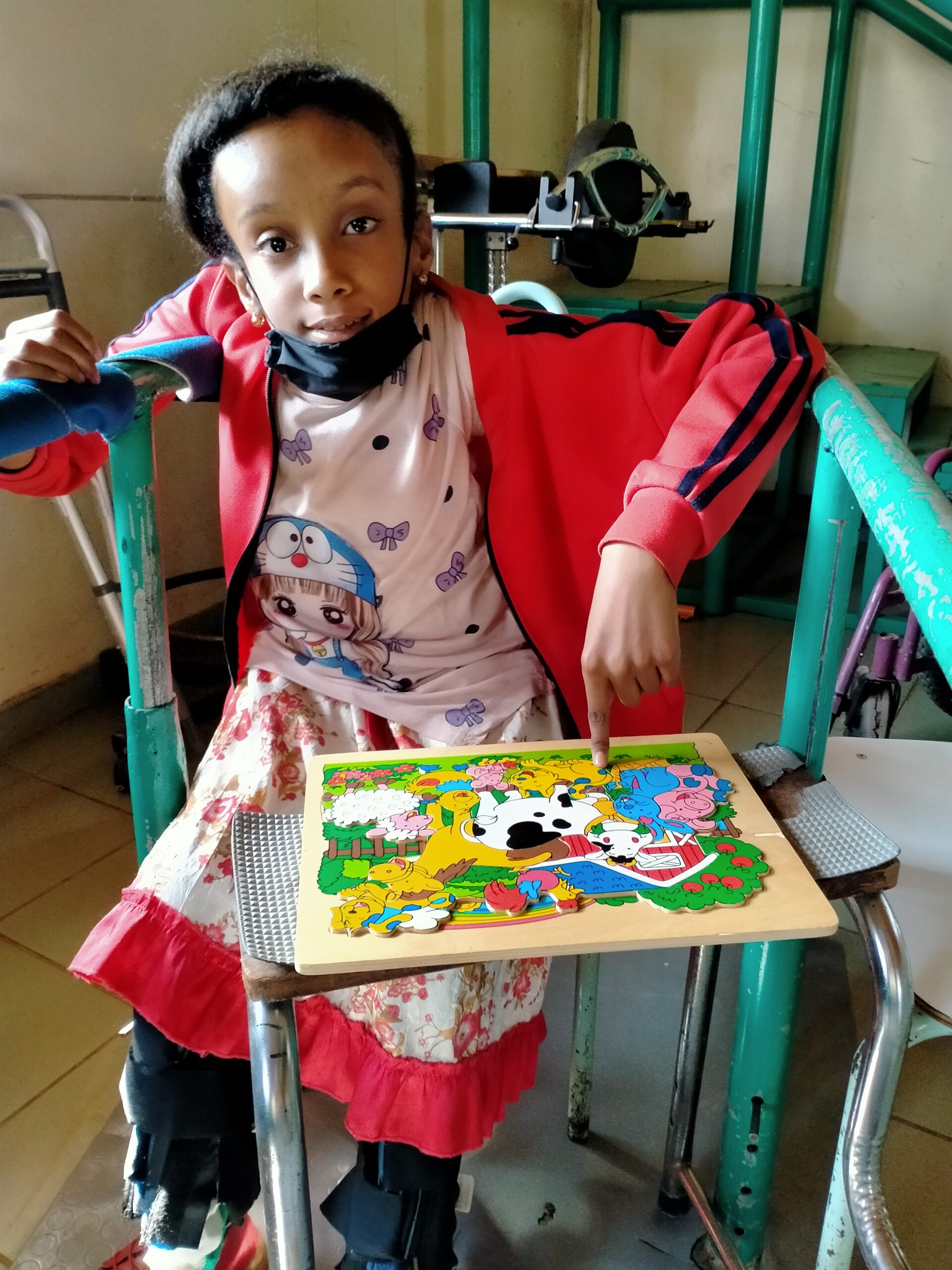
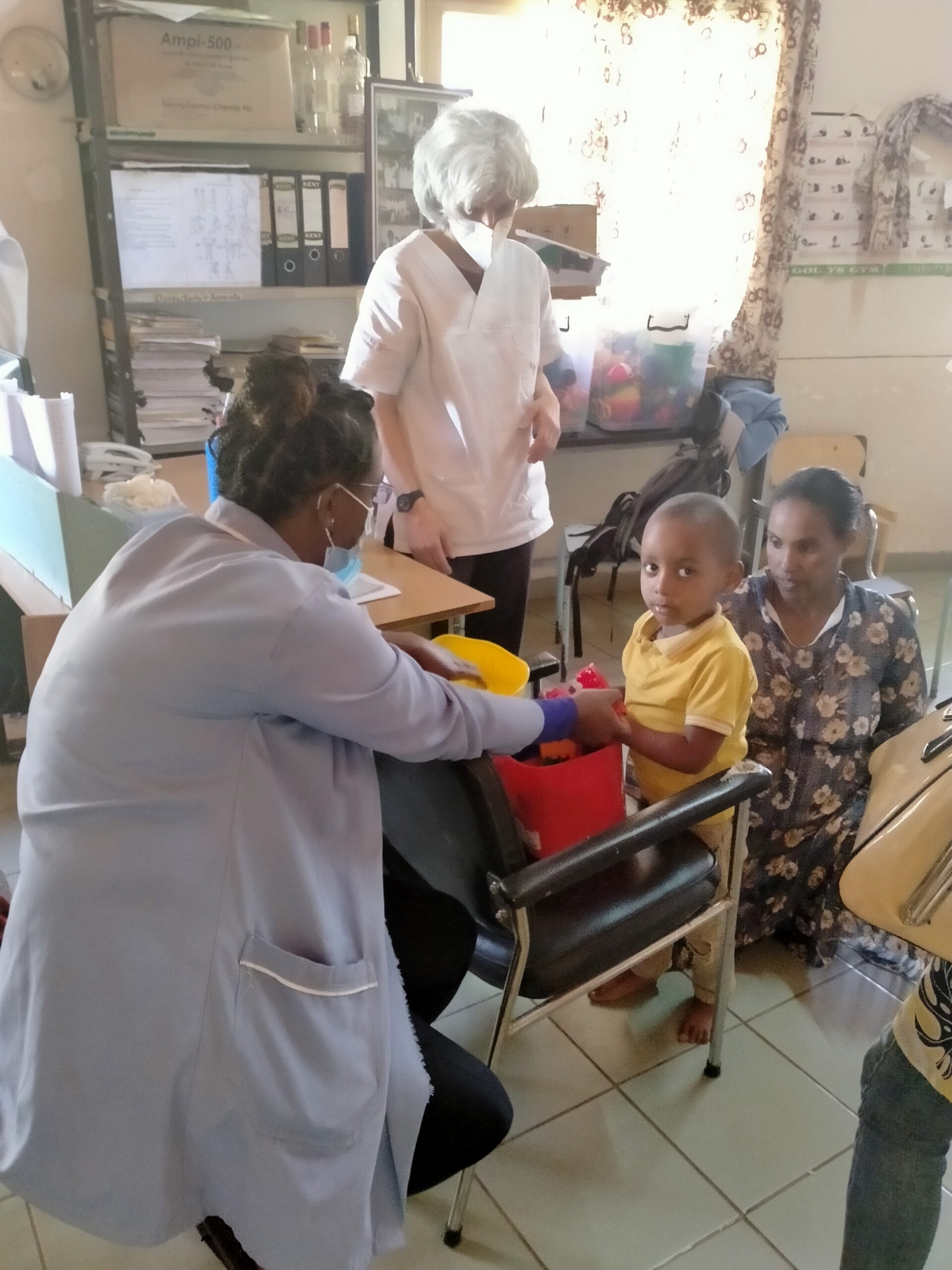
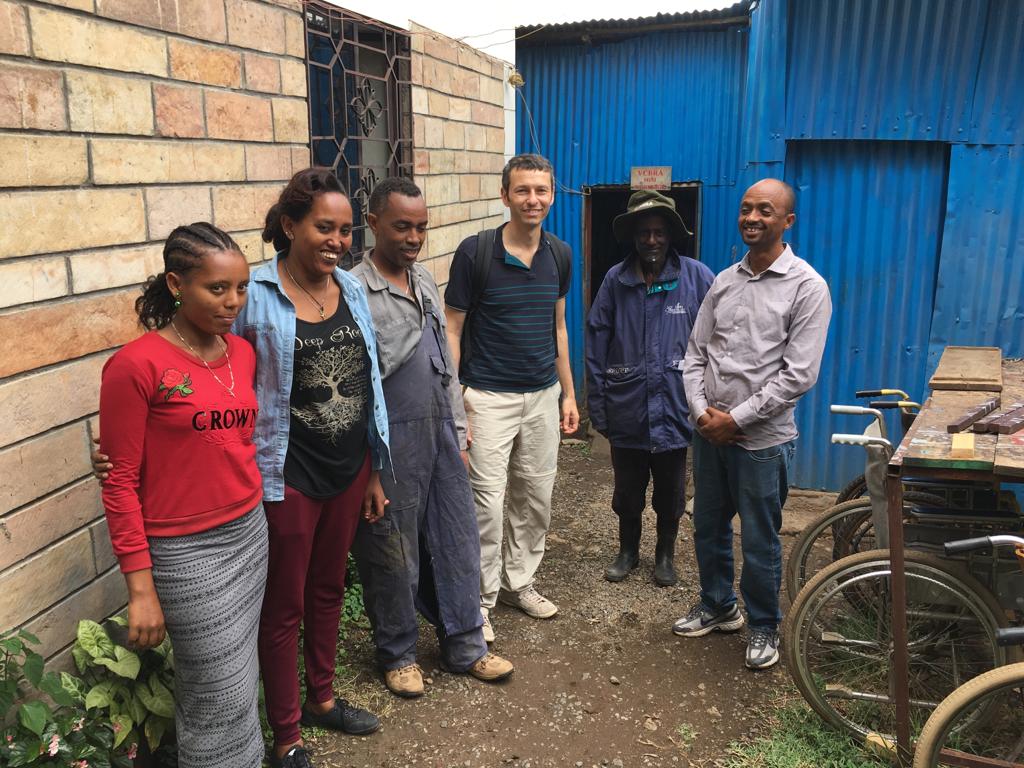
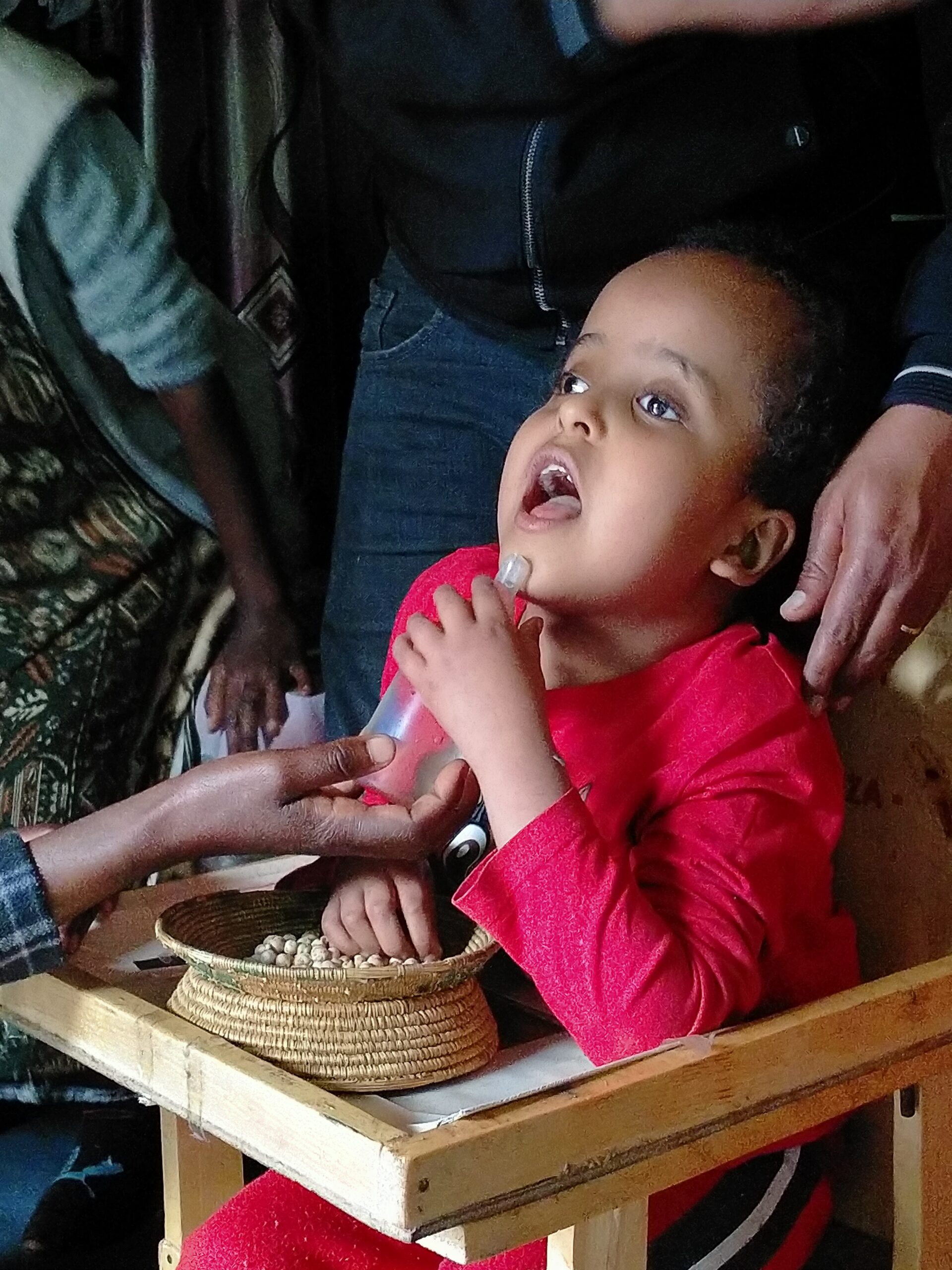
Activities: inside and outside the hospital
The Cittadinanza project therefore integrates actions both inside and outside St. Luke’s Hospital.
Activities in the hospital
MENTAL HEALTH CLINIC
to assist, listen and treat an average of about 30 patients per day from Monday to Friday
STAFF TRAINING
through the involvement of psychiatrists from Addis Ababa, to offer an increasingly better quality of service
TECHNICAL SUPERVISION
with the help of Dr. Melella (volunteer psychiatrist of Cittadinanza Onlus) and in presence, through the involvement of psychiatrists of the Black Lion Hospital of Addis Ababa, to support operators
MEDICINE FOR EPILEPSY
to guarantee free visits and medicines for children and teens with epilepsy under 18 years of age
RAISING AWARENESS IN THE WAITING ROOM
to teach people about mental health disorders and to avoid superstitions and prejudice
PHYSICAL THERAPY
for the rehabilitation of children with disabilities in the Physiotherapy department but also to guarantee training for operators, equipment, and small aids
Activities outside the hospital
IDENTIFICATION OF CHILDREN WITH DISABILITIES
to map those living with a disability even in rural areas
MEDICAL EXAMINATIONS
to guarantee children access to specialist visits, minor corrective interventions,aids
COMMUNITY-BASED REHABILITATION
to offer home care and support to identified children
ECONOMIC EMPOWERMENT
to help a group of parents achieve economic independence children with disabilities identified in Goro and Chitu 58 children with disabilities and their families assisted with Community-Based Rehabilitation in Tulu Bolo and Dilella
RAISING AWARENESS WITH COFFEE
to turn coffee ceremonies, very participated collective moments, into opportunities for raising awareness of the rights of people with disabilities.
At Saint-Luke’s Hospital in Waliso:
292 patients
assisted by the physiotherapy department
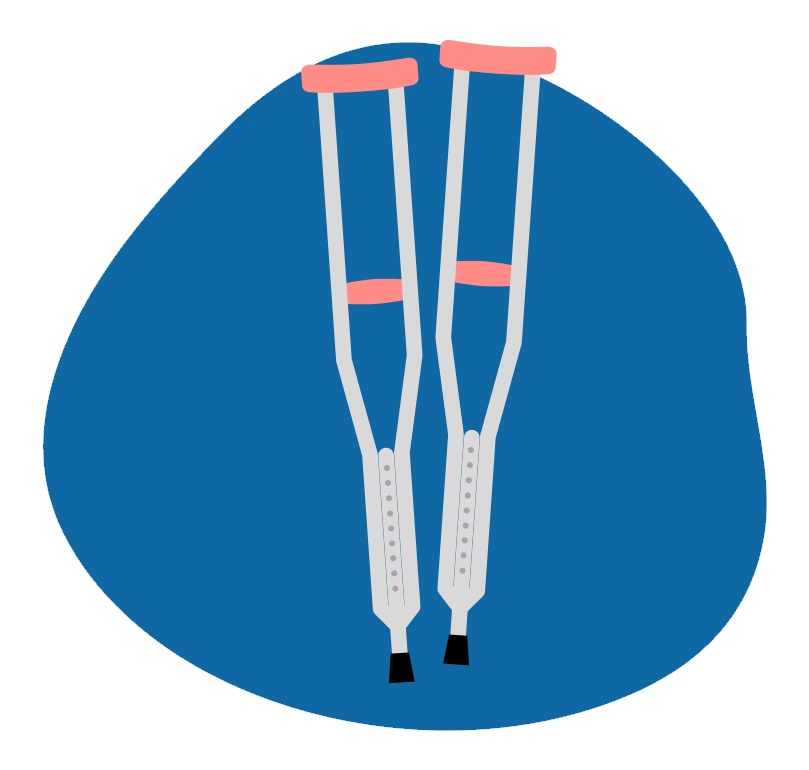
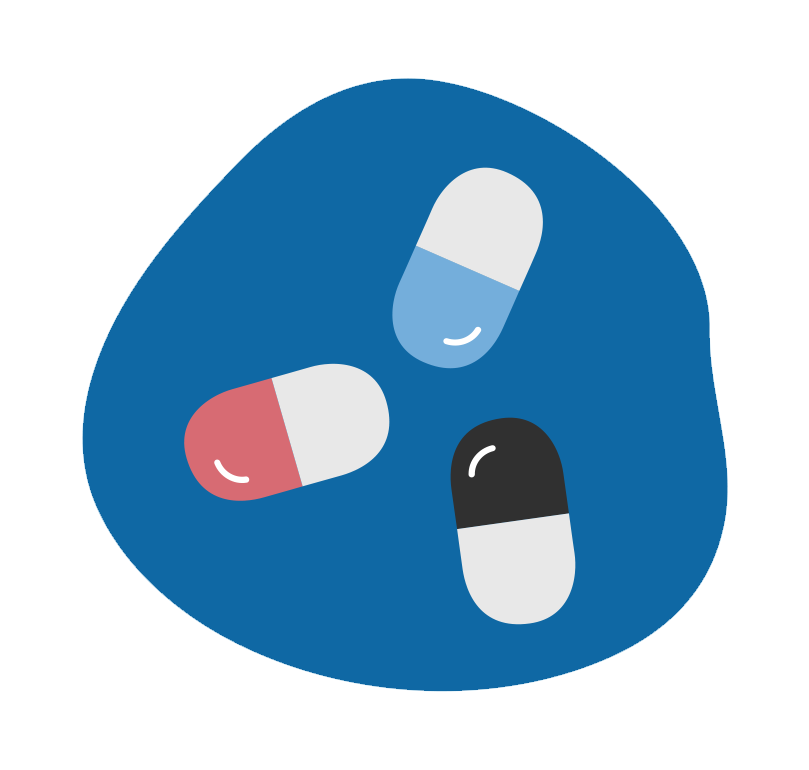
828 children
with epilepsy treated with free medicine
5.600 visits
conducted by the psychiatric clinic during 2021
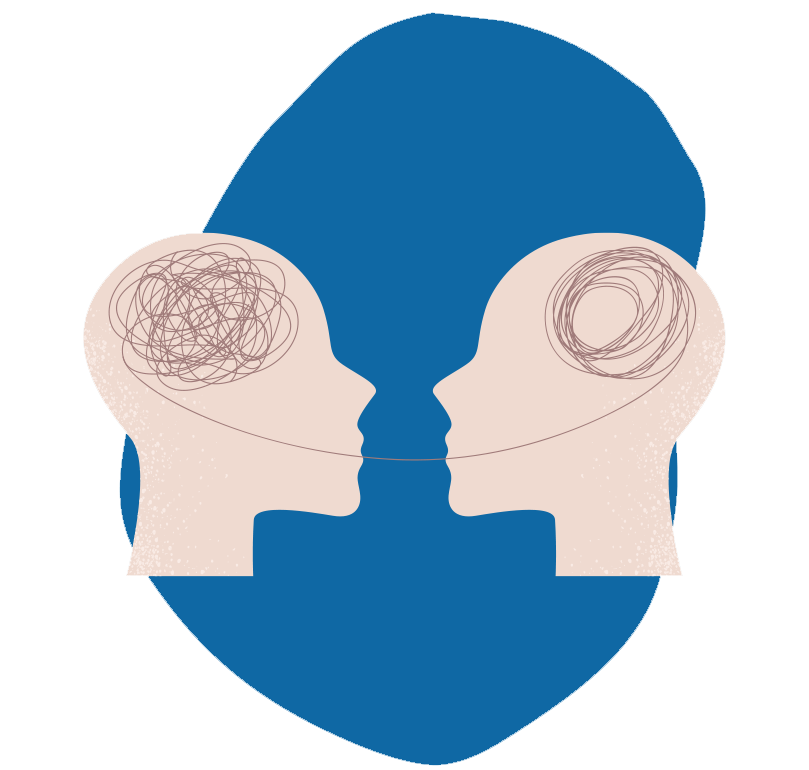
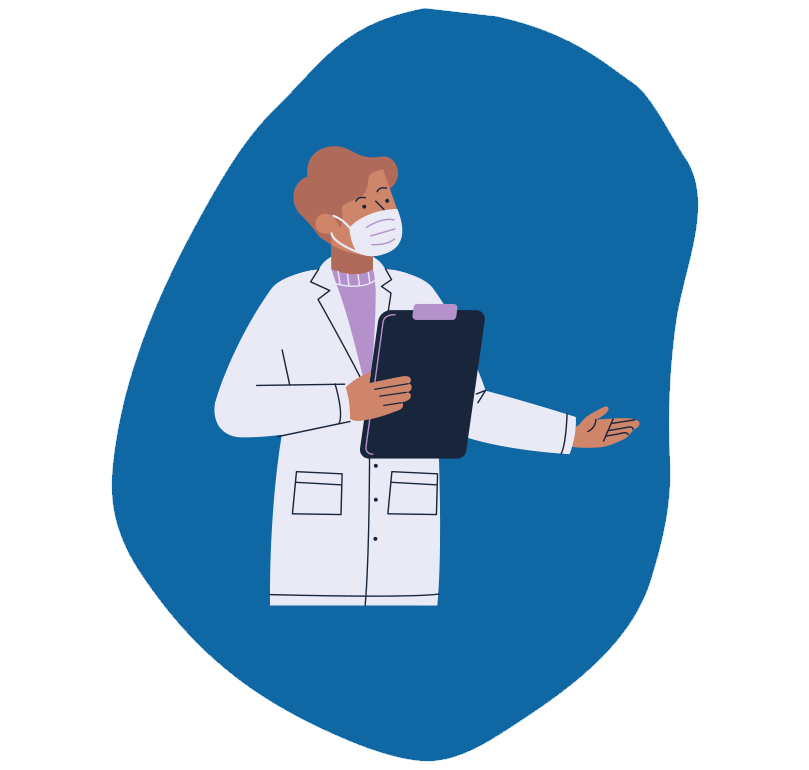
12 meetings for supervision and discussion on site
with the local psychiatrist and remotely with the Italian psychiatrist
8 days
of theoretical and practical training of psychiatric staff
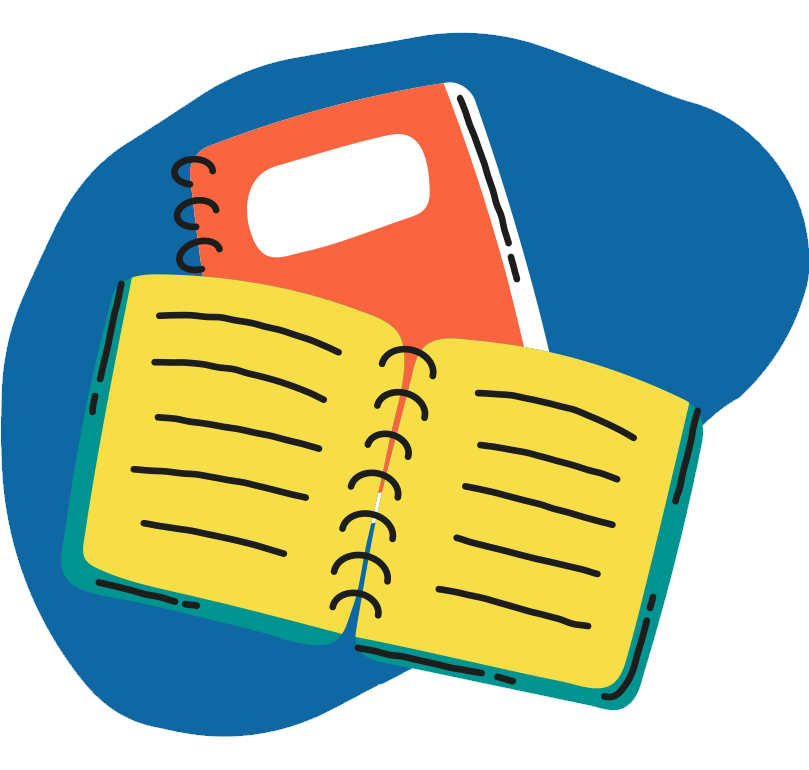
In the countryside around Waliso:
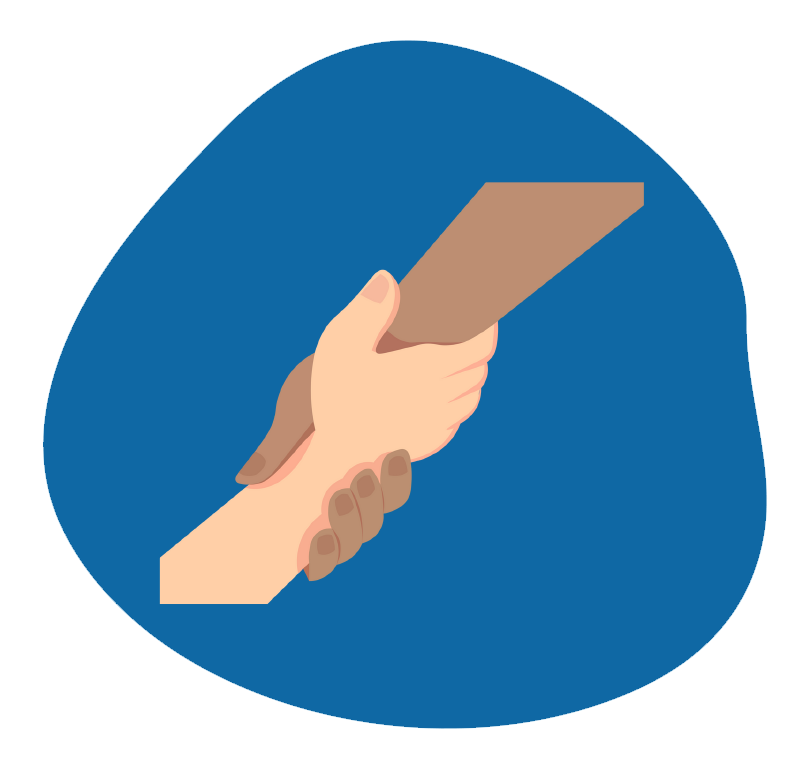
58 new children
with disabilities identified in Goro and Chitu
58 children
with disabilities and their families assisted with Community-Based Rehabilitation in Tulu Bolo and Dilella
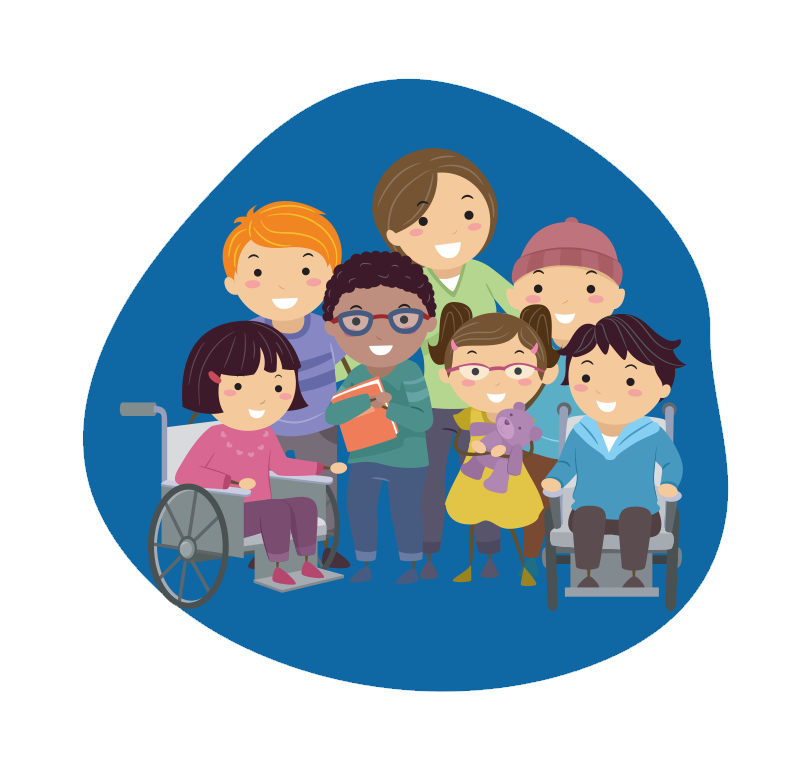
Nel 2003

292 pazienti
assistiti dal reparto di fisioterapia

828 bambini
con epilessia curati con
farmaci gratuiti

5.600 visite
condotte dall’ambulatorio di
psichiatria durante il 2021

12 incontri di supervisione e confronto
in loco con lo psichiatra locale e a distanza con lo psichiatra italiano

8 giornate
di formazione teorica e pratica dello staff di psichiatria
Nelle campagne intorno a Wolisso:

58 bambini
con disabilità e le loro famiglie
assistiti con la Riabilitazione su Base Comunitaria a Tulu Bolo e Dilella

58 nuovi bambini
con disabilità identificati a Goro e Chitu
The work of Cittadinanza benefits from the contribution of the Irma Romagnoli Foundation. As of November 2021, Cittadinanza activities in Waliso are included in the WAVE 2 project – ACCESS TO HEALTH SERVICES FOR THE VULNERABLE POPULATION OF THE WALISO AREA – ETHIOPIA – PHASE 2 (ID 43) – Ethiopia (main country) – CUP no. E19J21010880009, funded by the Emilia-Romagna Region, and in the CHANCE project – Access to Care for Childrens with disabilities in Waliso – Ethiopia, supported with the donations given to the Waldensian Church. There are also many friends and supporters who care about the growth and development of the project.
Challenges of the future
- further developing mental health services in local clinics (health centres) in rural areas to reach the share of the population that does not have access to the hospital due to distance;
- improving, through the training of hospital staff, the ability to diagnose and treat children with seizures;
- progressing in physiotherapy training (also thanks to the Semi di Futuro – Integrated Intervention to Fight Malnutrition – AID 11880 project, funded by the Italian Agency for Development Cooperation);
- expanding community-based rehabilitation services for children with disabilities to new rural areas;
- increase the production capacity of aids of both the hospital workshop and the VCBRA workshop;
- ensuring access to health screening for the children with disabilities identified by VCBRA;
